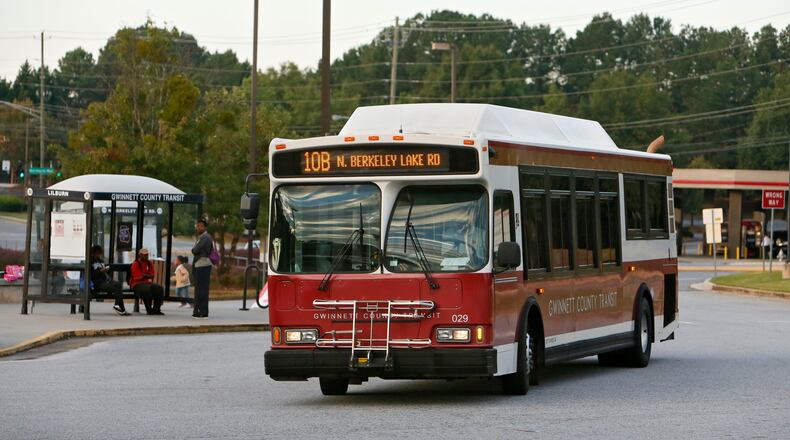Charlotte Nash, Gwinnett County’s commission chairman, believes her residents are ready for more transit.
"We can't stop improving our road network," she said during her recent state of the county address, "but expanded transit options must also be part of any long-term solution."
Nash went on to say she wants the county to have a referendum on transit expansion in the relatively near future — probably not in 2017, but soon. And in the next 90 days or so, the county will launch a comprehensive transit study to determine what kind of options — heavy rail? light rail? expanded bus service? — might be most feasible.
In a county with a long history of reluctance to wade into the world of mass transit but an ever-evolving constituency, all of that begs several questions.
Would expanded transit in Gwinnett mean kismet or calamity? Would it be a necessary investment, congestion de-clogger and economic stimulus — or a misguided mission toward more taxes and a poorer quality of life? Would a vote even be successful?
About the Author
Keep Reading
The Latest
Featured

